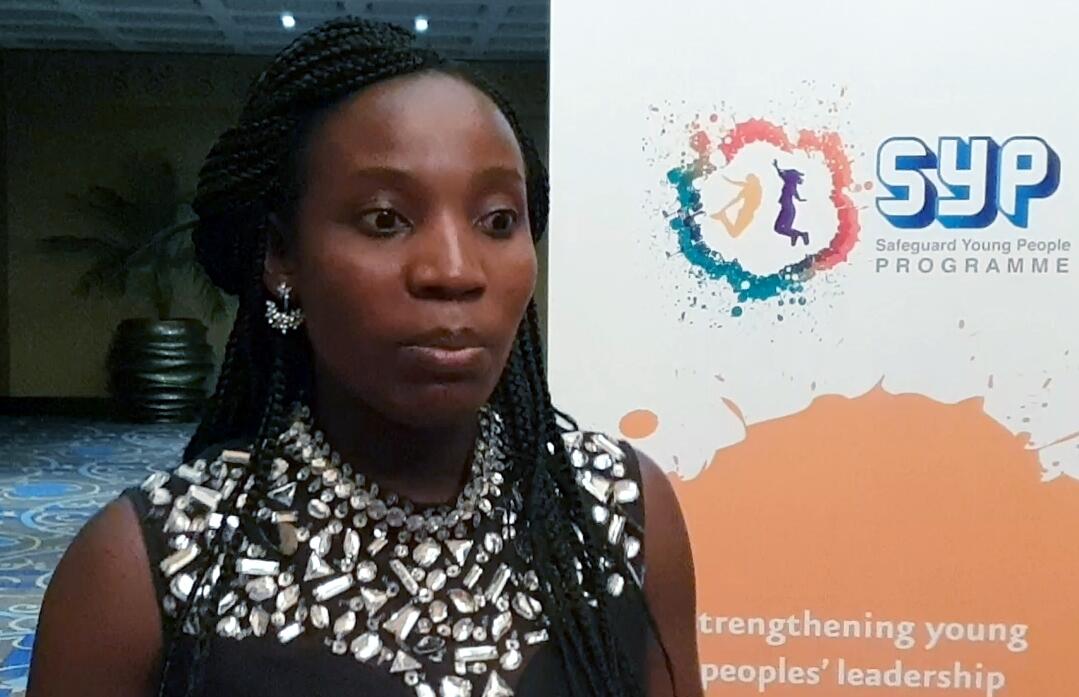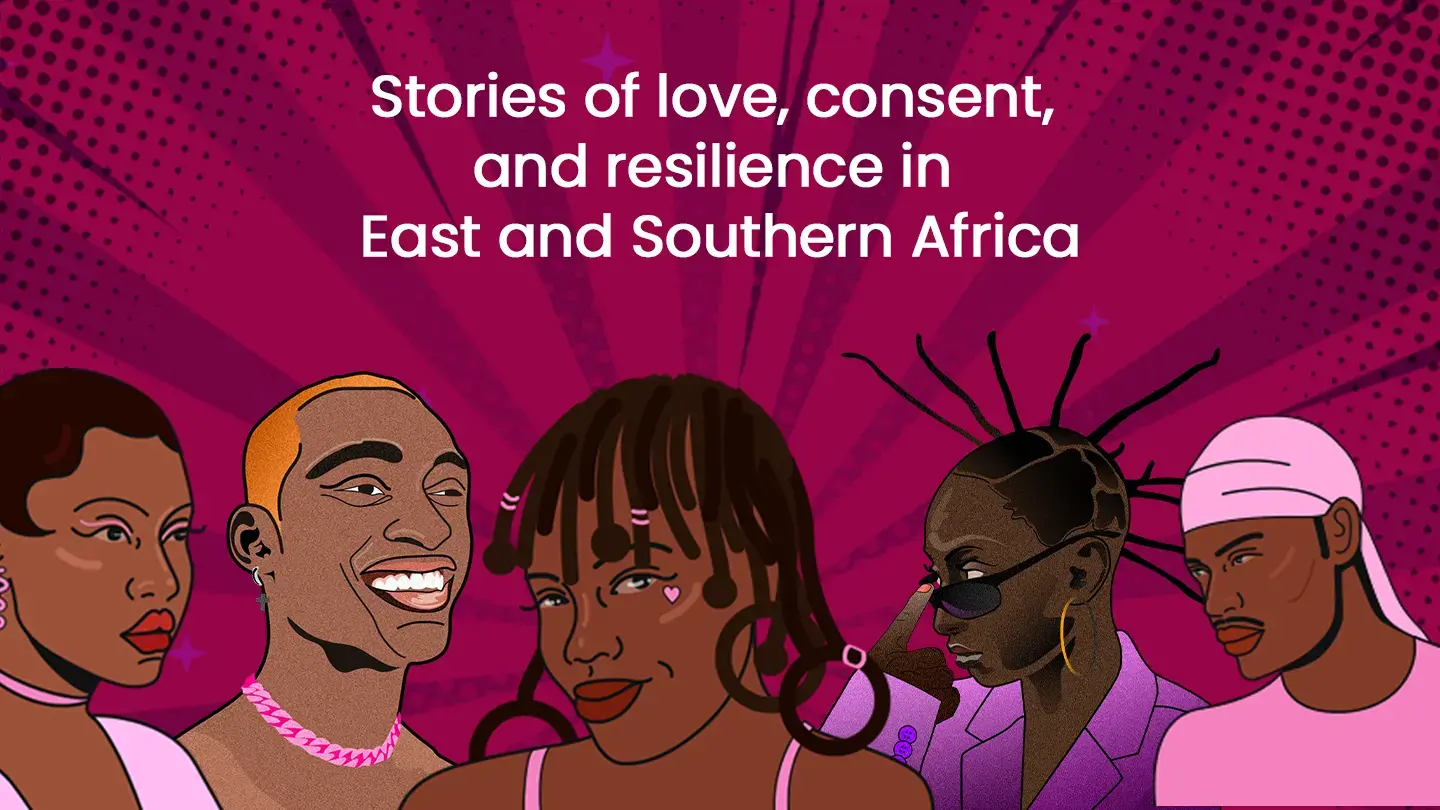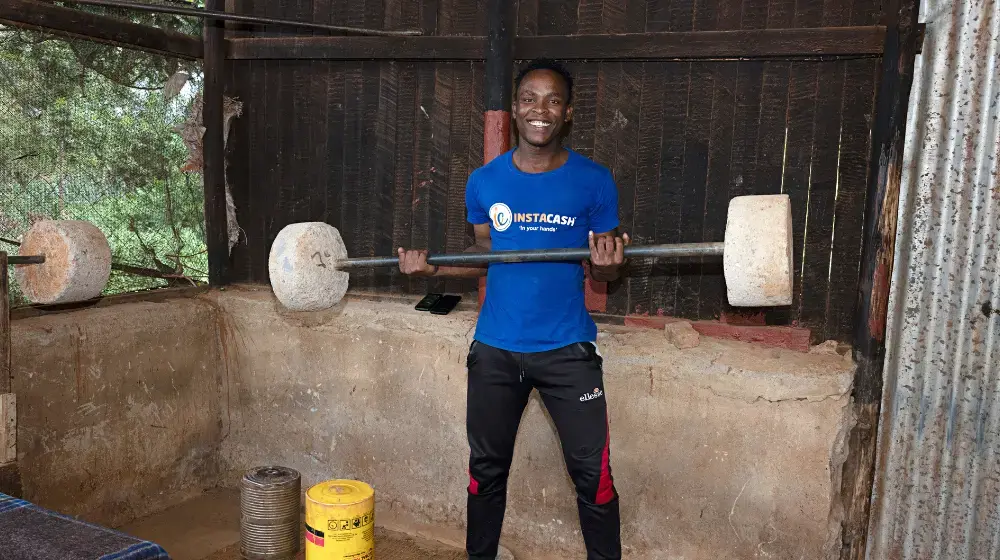Ezulwini, ESWATINI—“When I was 13, I found myself being forced into an early marriage,” says Catherine Mkandawire from Malawi. And for years afterwards, she was forced on one man or the other by those whom she trusted the most – her family.
Because Ms. Mkandawire’s family was poor, her parents thought it was a good idea to ‘sell her off’ when she reached puberty. Now 25 years old and a member of the Malawi National Youth Network, she describes how those events during her adolescence led to her quest to empower others.
“When I was just 13 [years old] my parents locked me in a house for two weeks, then older women from the village were invited to advise and train me on marriage and how to please a man. I thought I was ready for whatever was coming [but] when I saw the man, he was old enough to be my grandfather and I knew I had to fight,” she says.
While many girls have no other option in this instance, Ms. Mkandawire was lucky as one of her school teachers had become a role model for her. She wanted to be like her one day and knew that if she was married off at a young age, it would end her dreams. This gave her the courage to fight the arranged marriage.
I resisted, because I wanted more for myself and for my future – and now I’m fighting for my fellow young people’s rights.
“I resisted, because I wanted more for myself and for my future – and now I’m fighting for my fellow young people’s rights,” she says.
UNFPA supports young people’s rights
The Safeguard Young People (SYP) programme supports the Ministry of Health with provision of youth-friendly health services in six districts in Malawi that have high rates of child marriage, teenage pregnancy, HIV and sexually transmitted infections (STIs), gender-based violence and school dropout.
“I was afraid to come [out into] the open, talk about my situation and share my story with the world, but now I have and it has helped a lot of girls,” Ms. Mkandawire says.
She wishes that SYP could go deeper into the rural areas where most of the challenges are in Malawi because in the cities, “most parents are educated and understand the issues”, she says.
Tandzile Dlamini, 20, from Nhlangano in Eswatini, was shattered when she lost her parents when she was just 14 years old. She thought it would be the end of her.
"I could also have been a victim"
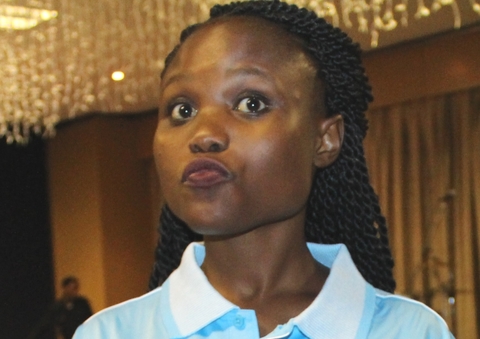
when her parents died when she was just 14 years old, but she
became a peer educator through an SYP-funded project and avoided
being a victim. © UNFPA ESARO/Lindiwe Siyaya
Yet she managed to escape the fate of many young people in her situation, who resort to unprotected sex, multiple concurrent sexual partners, intergenerational relationships and transactional sex. Not surprisingly, teenage pregnancy and infection with HIV and other STIs are all too often the result.
“I saw a lot of people in my community doing these things and I could have also been a victim,” she said.
Through her own resilience and a chance introduction to a SYP-funded project in her community through The Family Life Association of Swaziland (FLAS), she has managed to avoid this path.
If not for the FLAS project, for which she has become a peer educator and communications coordinator to educate young people on condom use, healthy relationships and their human rights, her life could have turned out very differently – for the worse.
Developing self-confidence
But, six years later, Ms. Dlamini feels self-confident. “I’m a young, brave, talented woman who believes in true love, yet I’m also an independent woman,” she says.
Although she encounters pressure from older community members who think that talking about sexual and reproductive health is taboo, she’s determined to continue making a difference.
Ms. Mkandawire and Ms. Dlamini were among a group of young people attending a high-level meeting of senior government officials from Ministries of Health, Education and Youth from the eight SYP countries – Botswana, Eswatini, Lesotho, Malawi, Namibia, South Africa, Zambia and Zimbabwe. At the event, policy and strategic guidance was provided to ensure that SYP implementation was on track, annual work plans for 2019 were approved, results achieved in 2018 were validated and best practices were shared among countries implementing the programme in the region.
In Eswatini, SYP has fast-tracked achievements in life skills education/comprehensive sexuality education (CSE) and adolescent and youth-friendly health services (AYFHS), said Eswatini’s Minister for Health and Social Welfare, represented by Principal Secretary Dr. Simon Zwane.
Life skills education reduces teenage pregnancy
Before life skills education, there was an escalating rate of teenage pregnancy and drug abuse among students and they were not well equipped to deal with peer pressure.
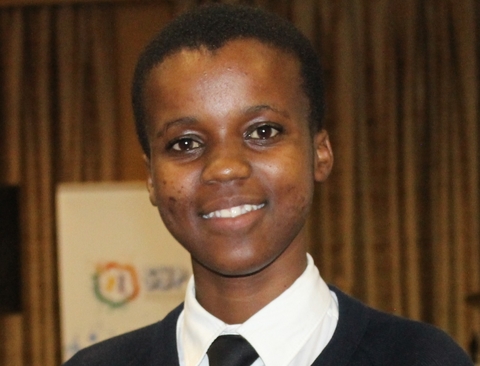
they have learnt critical skills like self-awareness, says Bongiwe
Dlamini, 18, a student at Swazi National High School in Eswatini.
© UNFPA ESARO/Lindiwe Siyaya
Bongiwe Dlamini, 18, a student at Swazi National High School, thinks highly of the introduction of life skills education at her school.
“Before life skills education, there was an escalating rate of teenage pregnancy and drug abuse among students and they were not well equipped to deal with peer pressure,” she says. Through life skills education (comprehensive sexuality education) they have learnt critical skills like self-awareness, which helps them to deal with peer pressure and to report personal issues that are a cause for concern.
In Eswatini, SYP has achieved the following:
- Created a positive policy environment for young Emaswatis’ participation in development;
- Improved coordination and partnership, as well as leveraging of partners working on the youth development agenda;
- Strengthened the capacity of government through the Ministry of Sports, Culture and Youth Affairs and Eswatini National Youth Council, as well as civil society organizations, to design and implement comprehensive sexuality education for out-of-school youth.
- Successfully supported the government with roll-out of life skills education to more than 98 per cent of secondary schools, reaching approximately 130,000 learners;
- Strengthened capacity of the Ministry of Health to institutionalize adolescent and youth-friendly health services (AYFHS).

